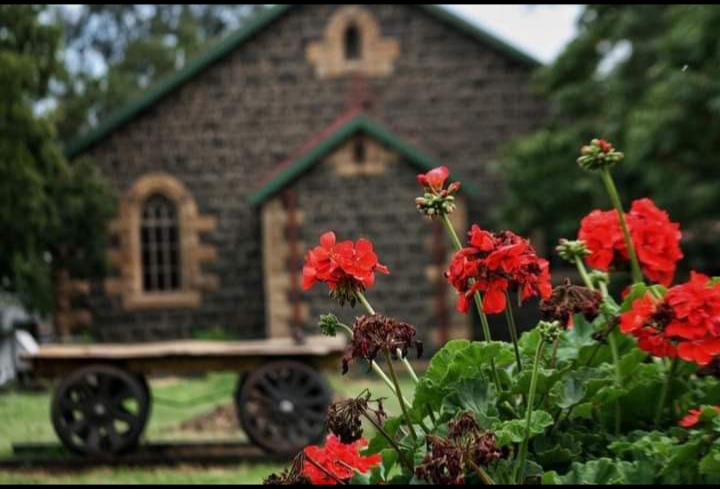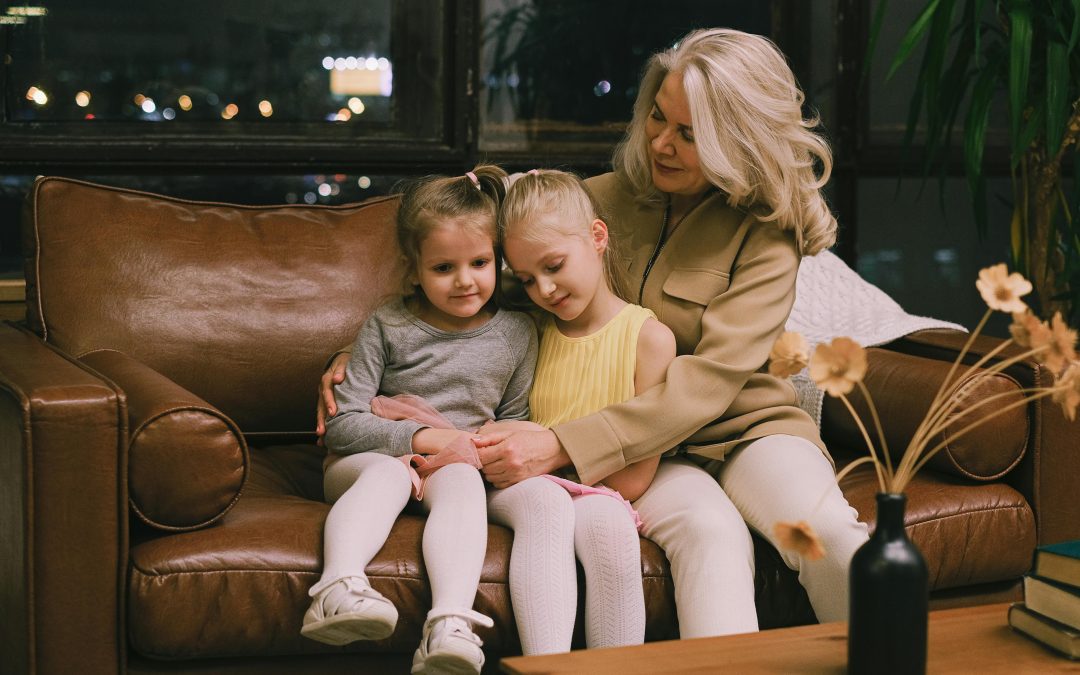Out and About is the column in which we talk to people who live abroad, or who did live and work abroad, but are back in South Africa again. We would like to hear from anybody who wants to share their experiences with us. This week we talk to De Wet Herselman living in Dad Honnef , Germany.
Please tell us more about yourself and where you live.
We currently live in the beautiful village of Bad Honnef just south of Bonn and on the banks of the Rhine River. I worked in a corporate environment in Pretoria for 20 years, but Heleen and I have always loved to travel. In 2011 an ideal opportunity popped up for us to live in Europe for a while and be near a whole bunch of new destinations. I often joke and say, ‘Some people in a mid-life crisis buy a Harley Davidson, we moved to Germany.’
What are you doing there?
Currently I am a freelance lecturer at three universities.
Was it difficult to adapt in another country?
It is always more difficult than one thinks to adjust to another country. Simple little things like the lack of Marmite, pies, biltong and self-raising flour one can overcome, but the warmth of your own people, a spontaneous braai with friends or Sunday lunch with the family is gone. One misses it intensely. Here you schedule a spontaneous braai three months in advance! And I think bureaucracy, especially in Germany, is a pain in the you know what! I know a lot of people go abroad with the attitude of ‘I just don’t want to hang out with Saffas, I want to experience the new culture,’ but it is very important to talk about normal things like boerewors, braaivleis, the SA Sevens, Proteas and Sharks every now and then in your own language (Afrikaans and English). Hopefully soon again about the Springboks.
What were the best and the worst adventures you have experienced there?
For me, the best simply is fantastic new travel opportunities on your doorstep. The past five years we have really seen a lot of Europe and there still is plenty to see. As youngster, I never was fond of history, but nowadays I find historical sites and ideologies fascinating. East Germany and further behind the Iron Curtain are fantastic places to travel. In 2015 we went on a road trip for three weeks and travelled through much of the Eastern bloc. This included the Czech Republic, Krakow and Auschwitz, Slovakia, Hungary, Croatia and Slovenia. Apart from several shorter trips, we also toured Italy, Spain, Holland, Denmark and of course Germany in detail. (Check out the trip reports in my blog at http://www.aldiepaaie.com/.) We plan to explore Portugal this summer.
Bad adventures include the struggle with simple things. From tax forms and public service bureaucrats to finding a decent doctor or dentist is so much more frustrating than in South Africa.
What do you miss most about South Africa?
I miss dirt roads, either through the Karoo, the Free State or wherever. I miss off-road camping. Right now, my brother and good friends are in the Central Kalahari – without us. And of course, I miss my people – close friends, family and the lot at Loftus who do things that we were accustomed to for so many years – to braai boerewors instead of bratwurst, for example.
But it is also more than that. We see most South African sport. And when you see the diversity and rhythm and joy of a packed cricket or rugby stadium, you realise that South Africa really is a rainbow nation of friendly people who, despite politicians and thugs, want a better future together.
How did immigration affect you?
Here refugee immigration is obviously a major issue at the moment. And it does affect us. We are more worried about our children using public transport in the early hours, but the impact on our everyday life is still relatively small.
Regarding our situation: we did not emigrate. We are merely South Africans who currently live in Germany. But to earn euros and have pension funds in euros is of course a huge financial benefit. Immigrating to a country like Germany obviously has the practical advantage that you can travel to about 160 countries with a German passport without a visa. When we just want to go to Britain, it costs us 125 euros for a six-month visa!
What do you enjoy most about living in Germany?
Travel, new experiences, exposure to different ways of thinking. Do not get me wrong: I do not mean that South Africa is inferior. On the contrary, South Africa’s banking industry is streets ahead of Germany’s; South Africa’s smoking laws are at least 20 years ahead of these guys; South Africa’s equity for, for example, women versus men is streets further than it is here.
We are also privileged to be part of a dynamic and truly international church, the American Protestant Church in Bonn. More than 30 different nations are represented here. This is where you see and practically experience real charity across various borders and become part of it. Ironically, you feel quite proud and brotherly when you are the only white family helping to organise the ‘African Sunday’. It’s nice.
Are you coming back to South Africa?
Of course we are going back. Or at least in our minds, yes. I often think it’s an unfair question. It is exactly the same as asking a guy from Hofmeyer, who currently lives in Pretoria, if he is going back! You hanker, you think of going and you even plan to go. But the reality is that my children are studying here and they will probably work and live here. That makes going home slightly complicated. But in my mind, I will definitely one day sit on my stoep for a braai again, watching a bouvier, a German shepherd and a dachshund running over my lawn, and tow my Echo trailer into the wilderness. At least the dachshund is here.
Was it easy to find your feet there?
I think it’s pretty simple, but it takes work. Part of it is to admit that you are longing, to phone people or to visit people here. Another thing I’m guilty of not trying hard enough, is to learn to speak the new language. It is much easier to get along if you can communicate well. The Saffas who live in English-speaking countries, certainly have a great advantage there.
Anything else you would like to add?
I would like to give some advice (or maybe I want to vent my spleen). People do things like leaving South Africa for different reasons. Many people were affected by violence, by retrenchments because of Black Empowerment, etc. Perhaps those people may have reason to denigrate South Africa. And they probably burn bridges behind them. But many people are simply going away for a while out of curiosity or adventurousness. It is quite positive if people are eager to learn and experience things. It definitely does not mean that those people are running away or that they are traitors. They simply went looking for excitement.





















